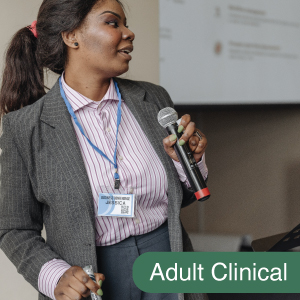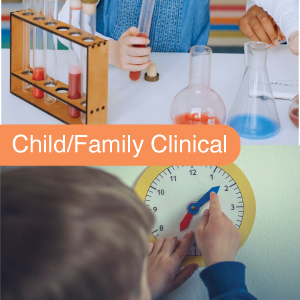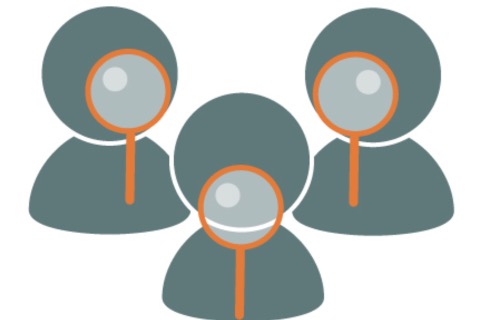The UM Clinical Program trains its graduates to be scientists and practitioners, with a strong emphasis on clinical science.
The Clinical Program is a founding member of the Academy of Psychological Clinical Science (https://www.acadpsychclinicalscience.org). In addition, the clinical program abides by the American Psychological Association (APA) standards and principles for accreditation.
The PhD program in Clinical Psychology is currently APA-accredited and has been APA-accredited since 1966.
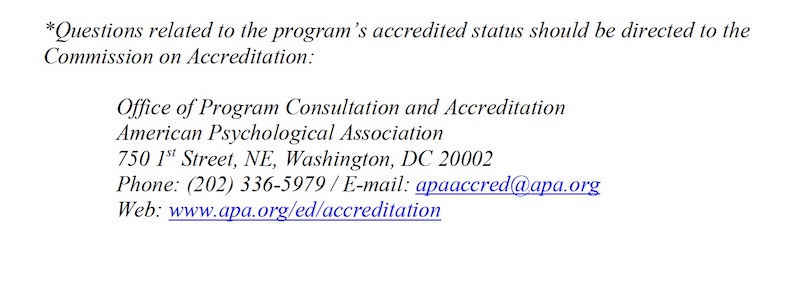 Since 1987, the Psychology Department has been organized into three divisions (Adult, Child, and Health). A fourth division, Cognitive and Behavioral Neuroscience, was added in 2018, but it does not have a clinical training component.
Since 1987, the Psychology Department has been organized into three divisions (Adult, Child, and Health). A fourth division, Cognitive and Behavioral Neuroscience, was added in 2018, but it does not have a clinical training component.
The Clinical Program emphasizes the integration of science and practice. It prepares students to contribute to the advancement of knowledge in the field and to the practice of clinical psychology. In addition to broad and general training in clinical psychology, the UM Clinical Program provides training in four substantive areas of focus: adult clinical, clinical child, pediatric health, and health clinical psychology. As such, the UM Clinical Psychology Program cuts across the department divisions, as indicated below.
To facilitate the clinical-science training component, the Clinical Program uses a "mentor model" for research training. Applicants are admitted to the program based in part on their "match" with the specific research interests of a faculty mentor. Mentors closely supervise the research activities of the students working in their labs.
Applicants to the UM Clinical Program should identify the specific program area and the specific faculty mentor(s) of interest in their application materials.
Our philosophy on diversity informs our policies for recruitment, retention, and development of faculty, staff, and students, and is embodied in our curriculum and field placements. The UM Psychology department values and celebrates cultural diversity of all kinds, including but not limited to differences in race, ethnicity, gender, gender expression, sexual orientation, language, nationality, immigration status, socioeconomic status, religion, age, and ability level. Our Diversity and Equity Committee, comprised of faculty, staff, and students, meets monthly and demonstrates our ongoing commitment to diversity through initiatives such as the Our Stories Series, our Annual Multicultural Potluck and Award Celebration, faculty trainings, speaker series, and student town hall meetings. Research activities, coursework, clinical training, and community events promote open dialogues about issues of diversity, equity, and inclusivity. As Miami is one of the most ethnically and culturally diverse metropolitan areas in the country, our clinical practica further enhances our students’ development into culturally competent practitioners, clinicians, and researchers.
The UM Clinical Program meets the requirements for licensure as a psychologist in the state of Florida. We have not confirmed the licensing requirements of other states, although our graduates have become licensed in many states outside of Florida. For more information about various states’ licensing requirements, please go to the website for the Association of State and Provincial Psychology Boards (www.asppb.net).





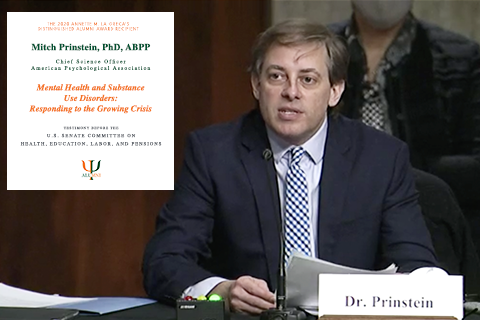
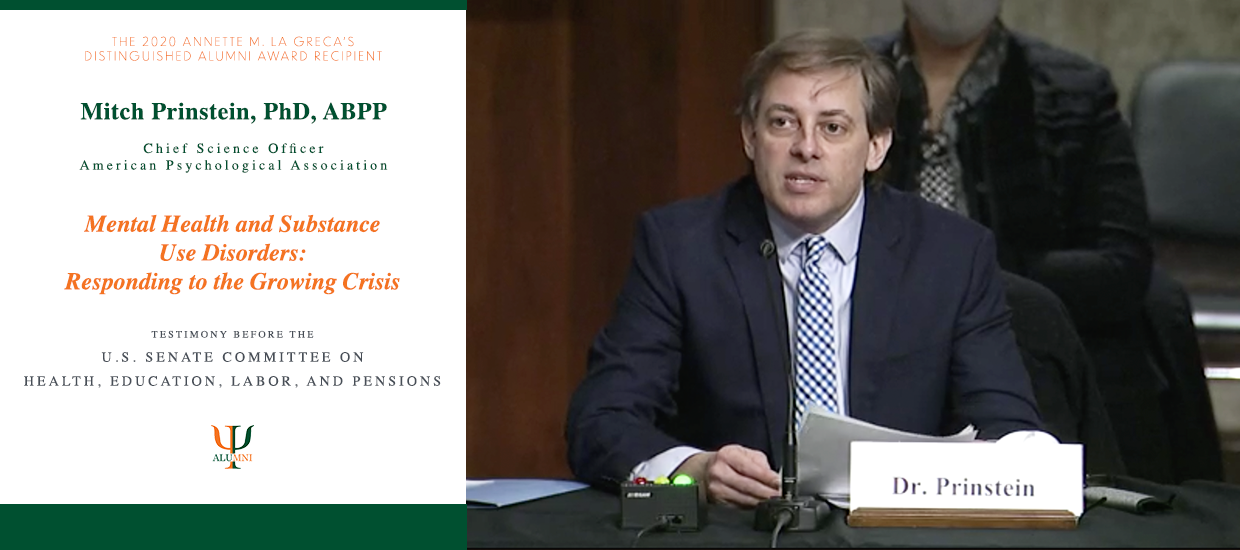
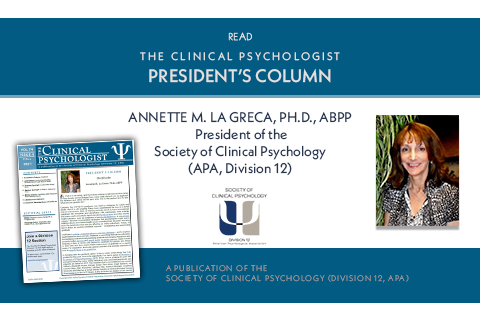
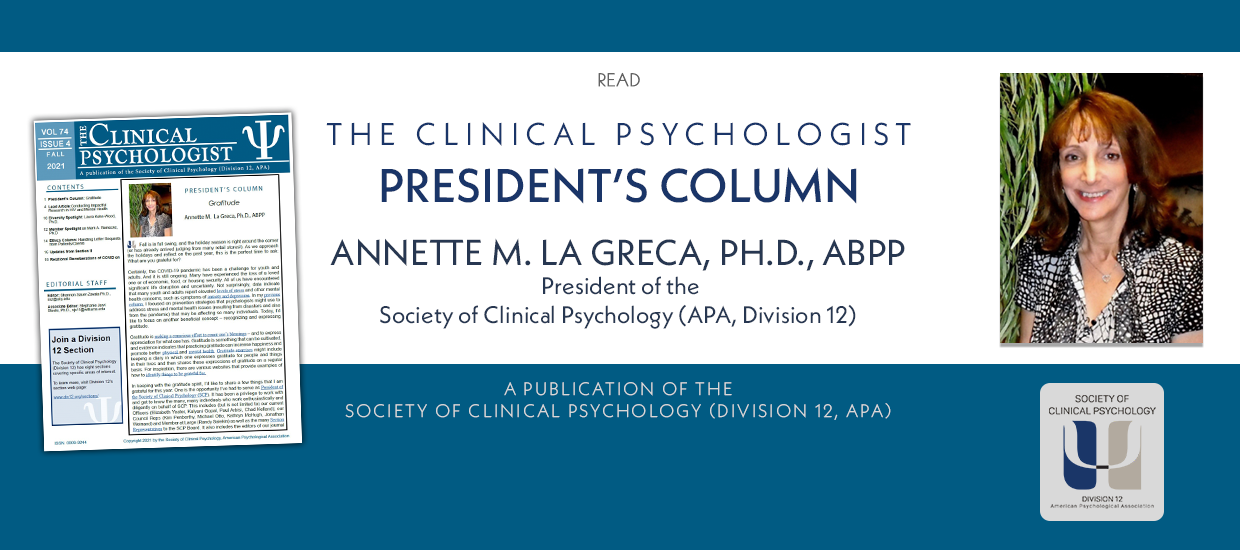
 Since 1987, the Psychology Department has been organized into three divisions (Adult, Child, and Health). A fourth division, Cognitive and Behavioral Neuroscience, was added in 2018, but it does not have a clinical training component.
Since 1987, the Psychology Department has been organized into three divisions (Adult, Child, and Health). A fourth division, Cognitive and Behavioral Neuroscience, was added in 2018, but it does not have a clinical training component.